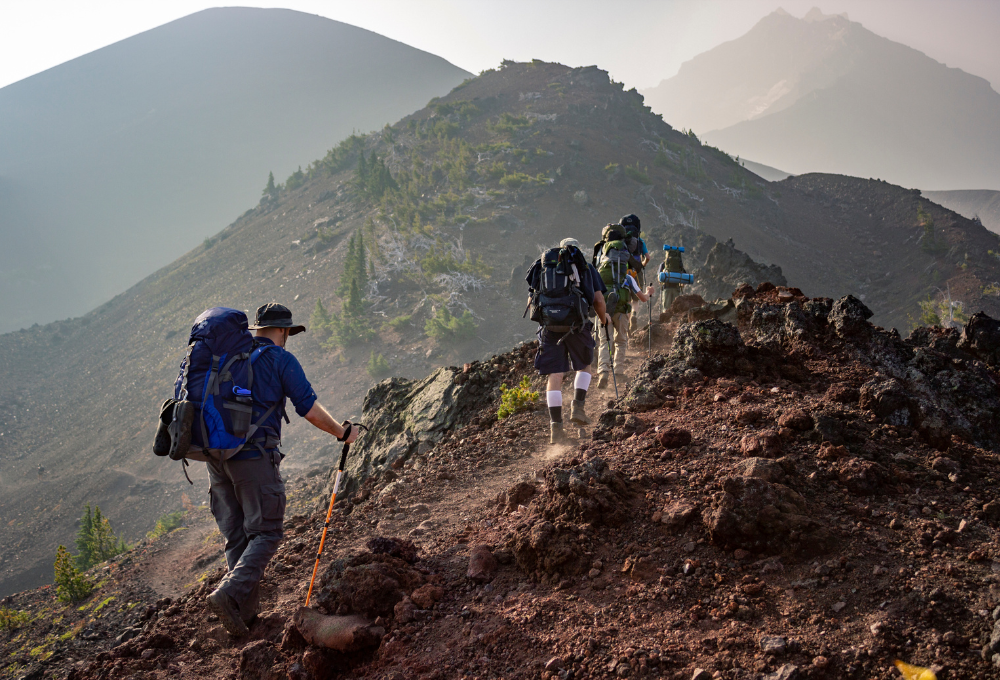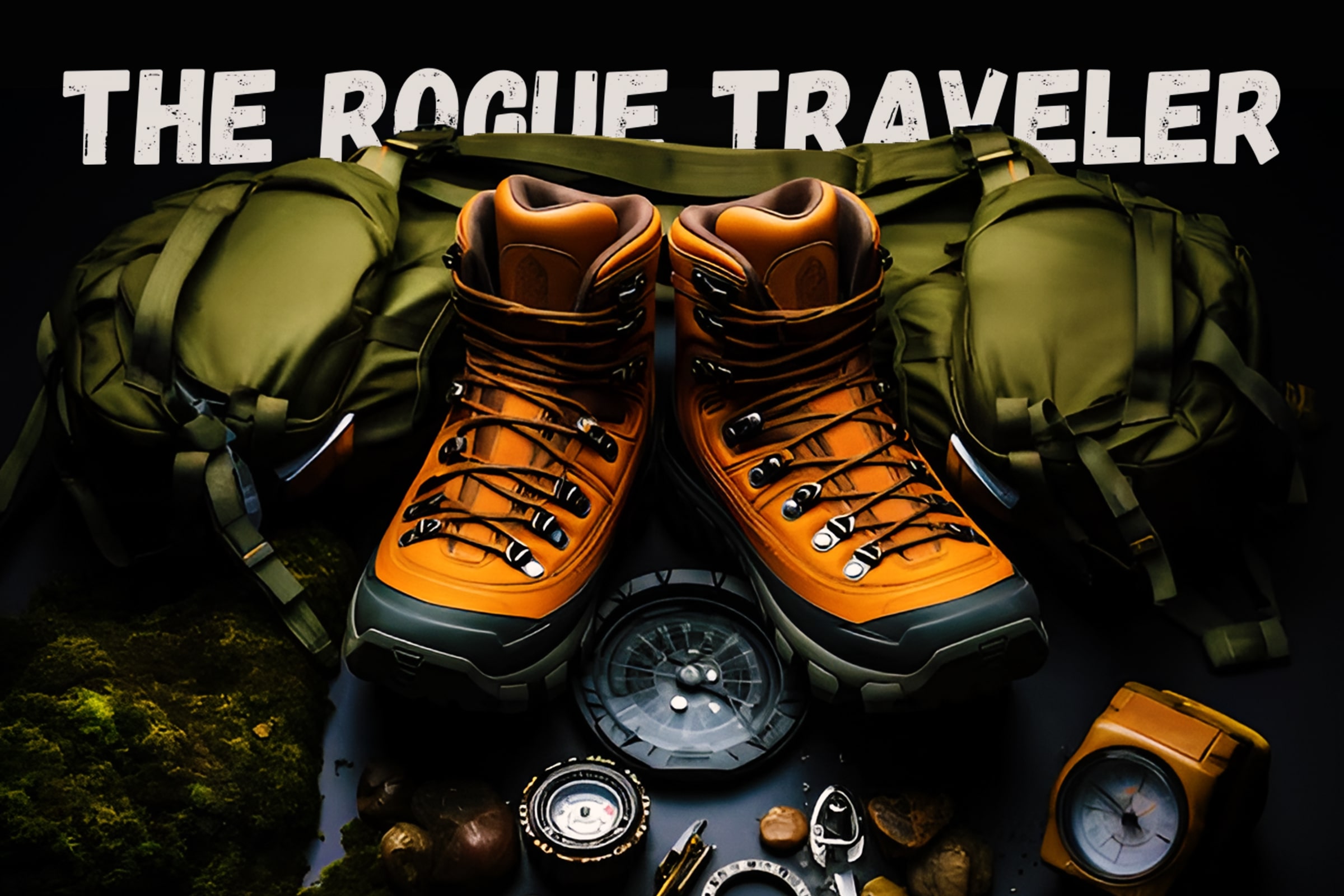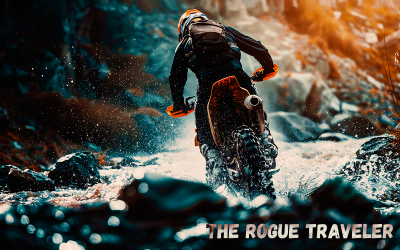Embarking on a hiking adventure is an extraordinary experience that allows you to connect with nature, enjoy breathtaking views, and conquer physical challenges. Going on a hike, whether a day hike or a longer backpacking trip, needs careful planning and preparation. One important but often overlooked aspect of that preparation is having a thorough checklist of essential hiking gear.
Without the proper essentials, you may find yourself in a challenging or even dangerous situation, facing issues like dehydration, exposure to the elements, or injuries. However, ensuring that you pack the right gear is crucial for a successful trip. With these hiking essentials, you can effectively prepare for any hike and create a memorable and safe outdoor experience.
Having a trusty hiking essentials list makes all the difference!
Understanding The Basics: The Concept Of ’10 Essentials’
Thrilled by the prospect of conquering your next hike?
Your excitement is only going to get bigger as we share the unmissable secrets to safe and enjoyable outdoor ventures!
The ’10 Essentials’ is a list originally assembled in the 1930s by The Mountaineers, a Seattle-based organization for climbers and outdoor adventurers. The primary purpose of this list is to help individuals prepare adequately for emergency situations in the outdoors
The ’10 essentials’ span across:
- Navigation tools (including GPS and maps)
- Sun protection
- First aid kit
- Illumination devices
- Adequate nutrition and hydration
- Insulation (clothing)
- Fire-starting equipment
- Emergency shelter
- Proper hiking shoes
- Lightweight, durable backpack
This list guides every hiker, from the novice embarking on their first-day hike to the seasoned backpacker. Understanding and adhering to these 10 essentials’ puts you closer to a successful, safe outdoor adventure.
Essential Hiking Gear — What To Pack For Hiking
1. Navigation Tools
- Map and Compass: Getting lost can easily turn an exciting adventure into a stressful situation. A detailed, waterproof topographic map of your hiking area is essential. Pair your map with a reliable compass to ensure you never lose your way.
- GPS Device: Although a map and compass are essential, a GPS device or GPS-enabled smartphone can provide valuable guidance during your hike. Be sure to download maps for offline use and pack a portable charger to keep your GPS device or smartphone powered.
Let true local experts, The RogueTravelers, guide you!

2. Sun Protection
Pack sunglasses, sunscreen, and protective clothing to protect your skin and eyes from UV rays, which can be surprisingly strong, especially in alpine environments.
3. The Importance Of First Aid On The Trail
Meeting the unexpected head-on is part of the hiking experience. That’s where your hiking first aid kit becomes an unquestionable piece of gear on your hiking essentials checklist.
This vital element of 10 hiking essentials guarantees you’re prepared to handle minor injuries or emergencies on the trail. Always carry a well-stocked first aid kit specifically tailored to hiking. Include items such as adhesive bandages, gauze, medical tape, antiseptic wipes, blister treatment, and pain relievers. Remember to pack any personal medications you might need.
So pack for hiking with safety in mind and hit the trail knowing you’re well-prepared for your next hike.
4. Illumination
A headlamp or flashlight isn’t merely for night hiking. It’s vital if you get lost or injured and night falls or when going through dark areas like dense forests and caves. Don’t forget the extra batteries!
5. Food And Water
- Hydration System: Carry adequate water for your hike – a general guideline is to bring one liter every two hours. A hydration pack or reusable water bottle is crucial, and don’t forget a water purification system or tablets in case you need to refill from natural sources.
- Nutritious Snacks and Meals: Pack calorie-dense, non-perishable food items such as trail mix, energy bars, jerky, and dried fruits. For multi-day hikes, consider lightweight dehydrated meals that only require boiling water.
6. Clothing(Insulation)
Mother Nature is unpredictable, and an unexpected turn in weather can catch even the best hikers off-guard. That’s where packing extra clothes for insulation comes into play when preparing for your next hike.
Start with the right pair of hiking shoes for a firm grip on uneven terrain. A day hiker also needs lightweight hiking pants to protect against harsh plants and bugs along the trail. Smart layering is the way to go. Pack quick-dry, sweat-wicking fabrics for your base layer while an insulating layer keeps you warm. A waterproof shell is a “ten essentials” must-have as well.
Finally, don’t forget the “day hiking essentials” like gloves, a hat, and a pair of comfy hiking socks. This way, you’re hiking well-protected and prepared to enjoy the trails to their fullest.
7. Fire-starting equipment
For emergencies, always carry gear to start and maintain a fire. Waterproof matches, lighters, or fire starters are recommended.
8. Emergency Shelter
If you’re staying overnight, you’ll likely have a tent or tarp with you. However, even on day trips, packing an emergency shelter, such as a lightweight bivvy or space blanket, can be critical during unexpected situations.
9. Footwear
Invest in proper hiking shoes or boots designed for the specific terrain you’ll encounter. Make sure they are well-fitted, broken in, and provide ample support. Also, pack moisture-wicking socks and additional pairs to reduce the risk of blisters.
Incorporating appropriate hiking footwear into the essential items list makes you better prepared for a safe and comfortable adventure.
10. Lightweight Backpacking: Packing Smart For A Day Hike
Choose a comfortable and durable backpack that fits your body size and has enough storage capacity for all your gear. Consider adjustable straps, padded hip belts, and compartments for organization. Always try backpacks with your gear before committing to a purchase.
By preparing these essential items and tailoring the list to your specific hike, you can confidently tackle any outdoor adventure with safety and ease. Proper planning and packing ensure that you’re ready to face varying conditions and unforeseen circumstances without compromising your enjoyment.
Emergency Hiking Tools And Essential Supplies
Equip your hiking backpack with:
- Emergency whistle
- Multi-tool or knife
- Headlamp or flashlight with spare batteries
- Fire-starting tools (waterproof matches/striker or lighter)
- A weatherproof tarp or emergency bivvy
- 50 feet of nylon cord or paracord
- Repair kit for gear (duct tape, needle, thread)
- Sun protection (sunglasses, sunscreen, hat)
- Insect repellent
Enjoy the journey and happy trails!

Choosing The Best Hiking Gear — Factors To Consider
Picking out the best hiking gear? It’s pretty much like getting a power-up for any adventurer. To make this simple, consider these factors to maximize your outdoor experience:
- Functionality: The best hiking gear should cater to the specific needs of your day hike or backpacking trip while maintaining REI’s “ten essentials” concept.
- Weight: Lightweight equipment ensures better mobility on the trail.
- Durability: Invest in quality gear that can withstand various hiking conditions.
- Comfort: Perfect-fit hiking shoes and backpacks can make all the difference.
- Price & Brand: Balance cost and reputation, as trustworthy brands often provide durable, well-designed gear.
Armed with these tips and your personalized checklist from The Rogue Traveler, you’ll be well on your way to conquering your next hike!
Ready To Take On Your Next Hiking Adventure
So, as you set off on your next hiking adventure, just remember—being well-prepared is like the secret sauce to a truly amazing experience! The “ten essentials” should form the backbone of your hiking essentials checklist, covering items like proper hiking footwear and a reliable first aid kit.
Weather and trail conditions may change, so pack with adaptability in mind, bringing along those vital extra clothes for protection and warmth. While you’re hiking, always prioritize safety and never overextend yourself.
Ultimately, hitting the trails well-prepared validates the adage, “hope for the best, plan for the worst.” Adequately equipped with the best hiking gear and knowing you’ve got everything you need, you’re ready to conquer the trails and create unforgettable memories outdoors.
Remember, these 10 essentials are a starting point and should be customized based on the duration, location, weather conditions, and the specifics of your hike. Proper planning and gear can turn an unexpected night outdoors into a memorable life lesson rather than a survival ordeal.
Happy hiking!





0 Comments